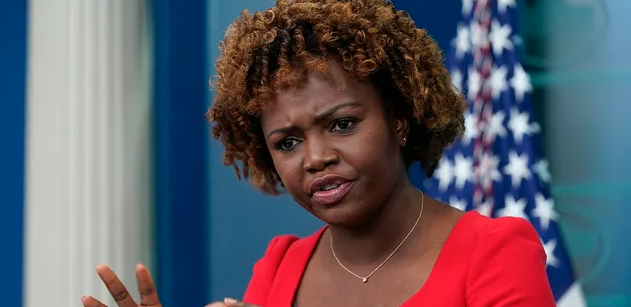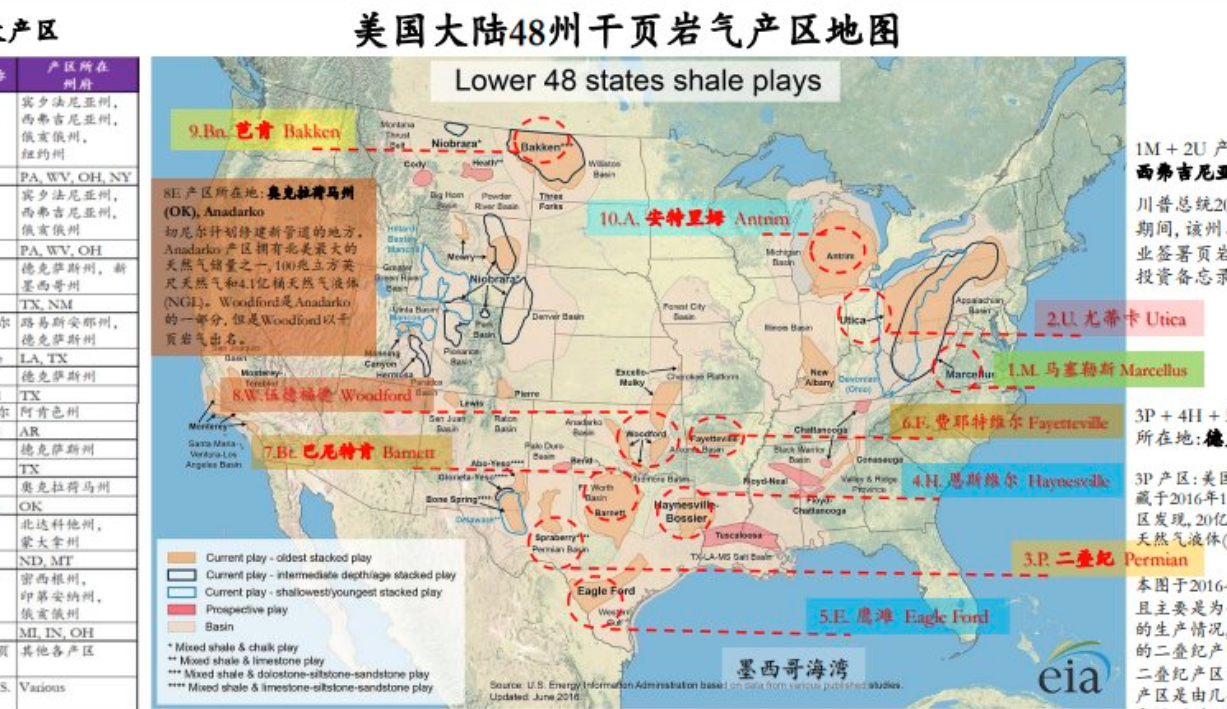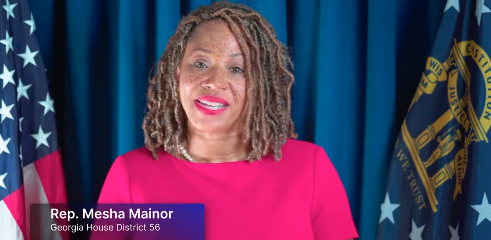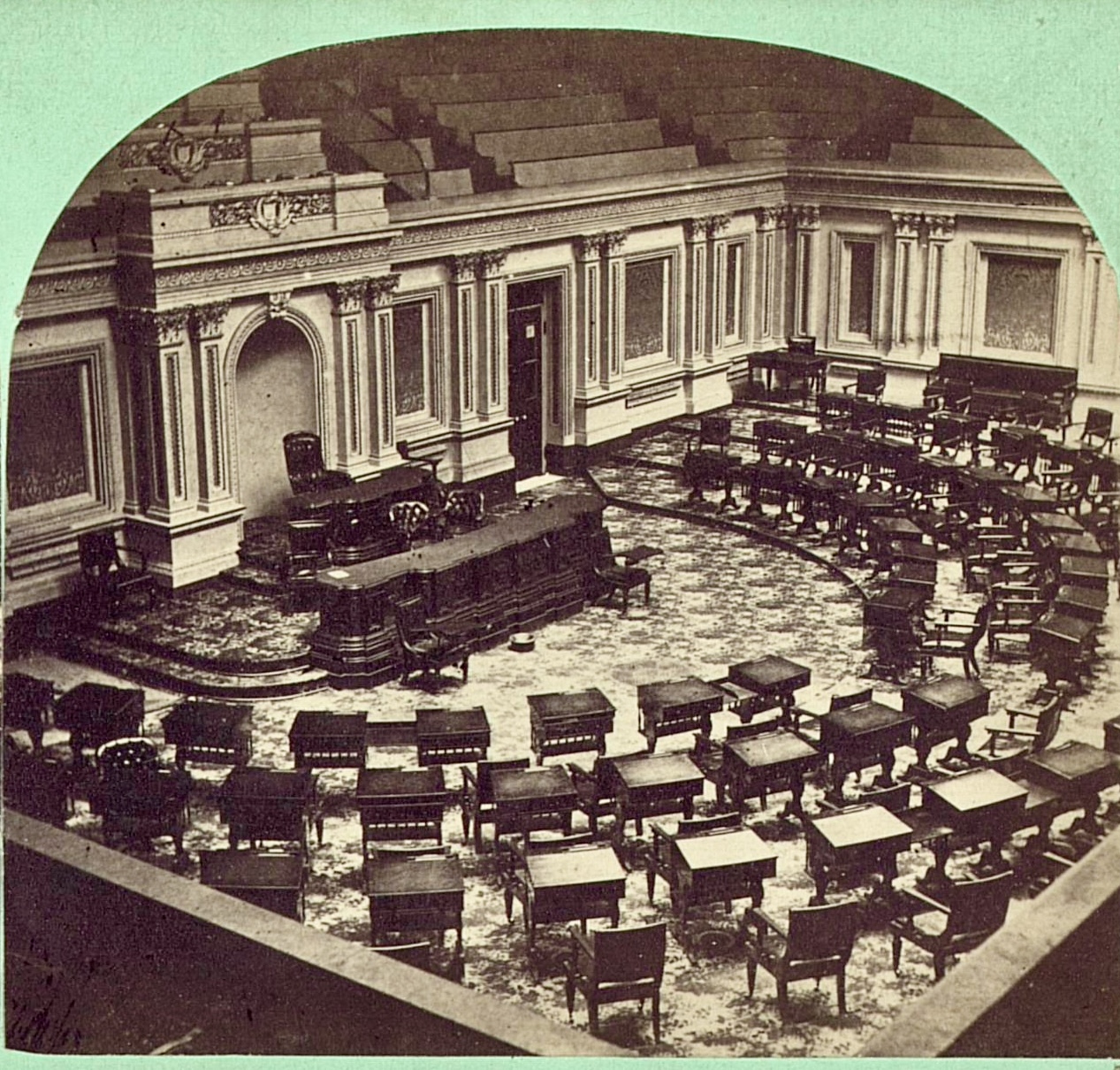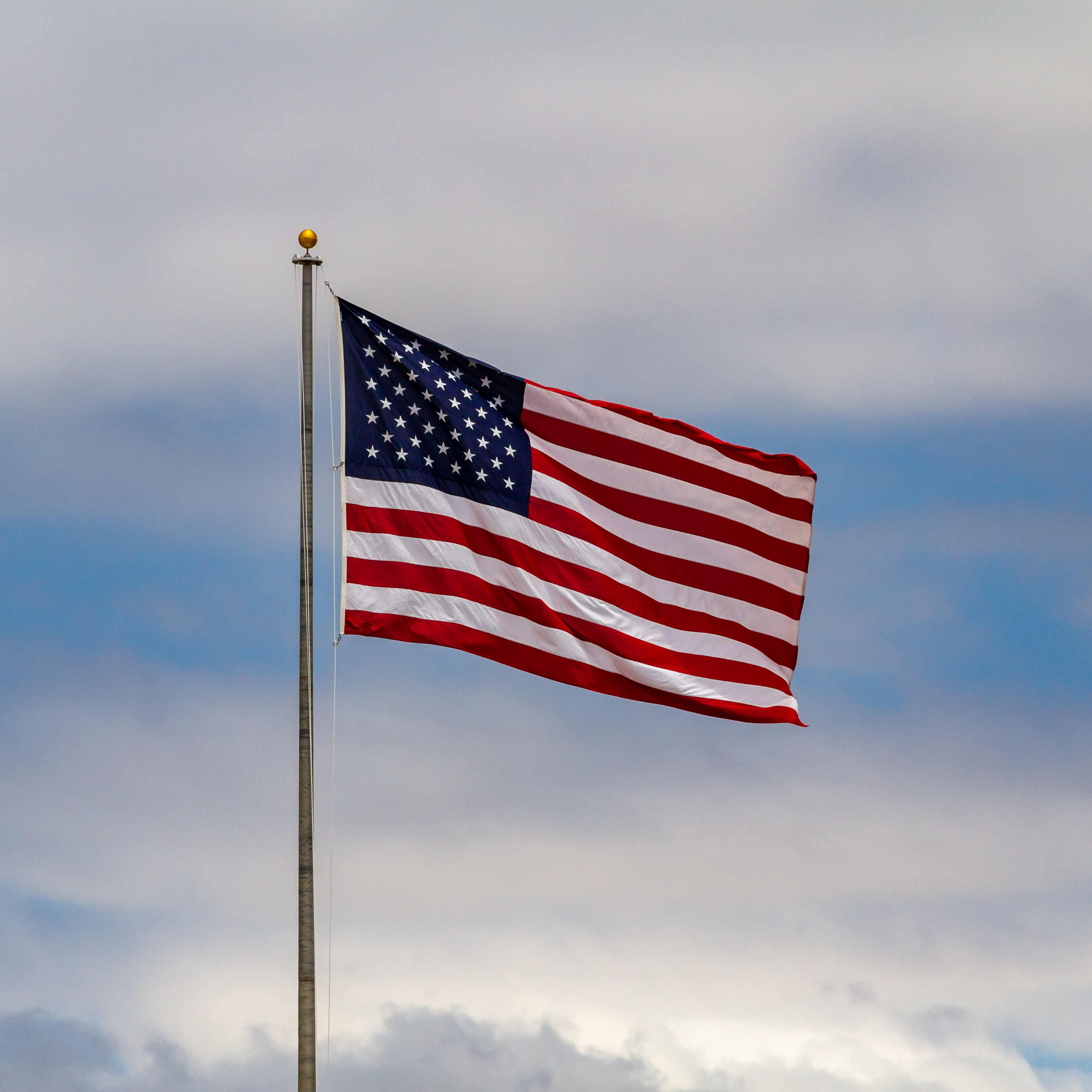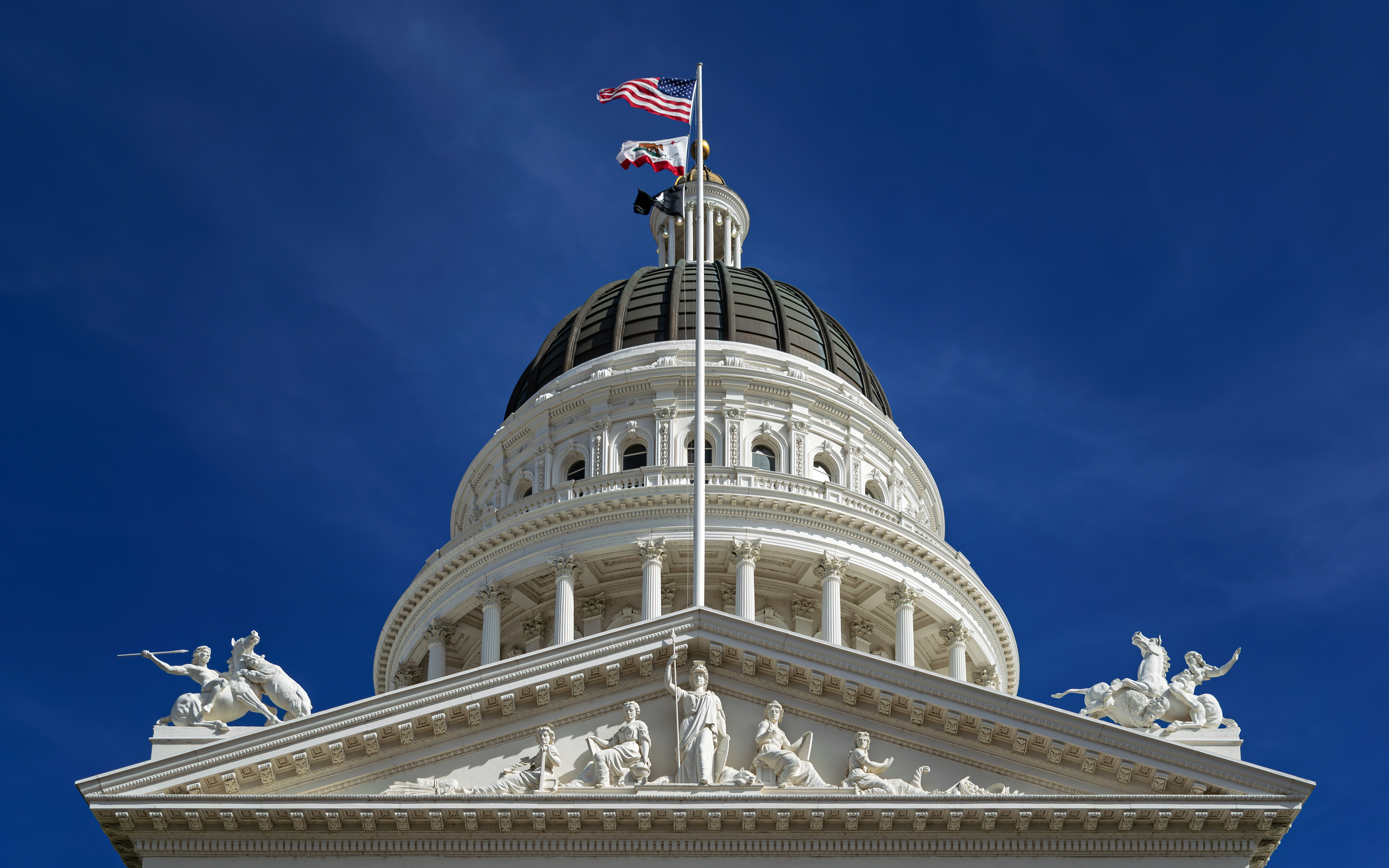WASHINGTON — Simon Ateba, a notable member of the White House press corps, received a ‘warning letter’ from the White House and its Press Secretary’s office, a revelation that has ignited a debate on press decorum and freedom of speech.
In a tweet posted on Tuesday, Mr. Ateba disclosed the content of the warning letter he received. The correspondence detailed instances where Mr. Ateba allegedly disrupted White House briefings by interrupting colleagues and White House officials, including the Press Secretary. The letter warned that continued interruptions could lead to the revocation of Mr. Ateba’s hard pass — a credential necessary for journalists covering the White House — following notice and an opportunity to respond.
Mr. Ateba’s tweet quickly spread, prompting a variety of responses from journalists, political commentators, and social media users. The move is a clear attempt to stifle difficult questions and control the narrative.
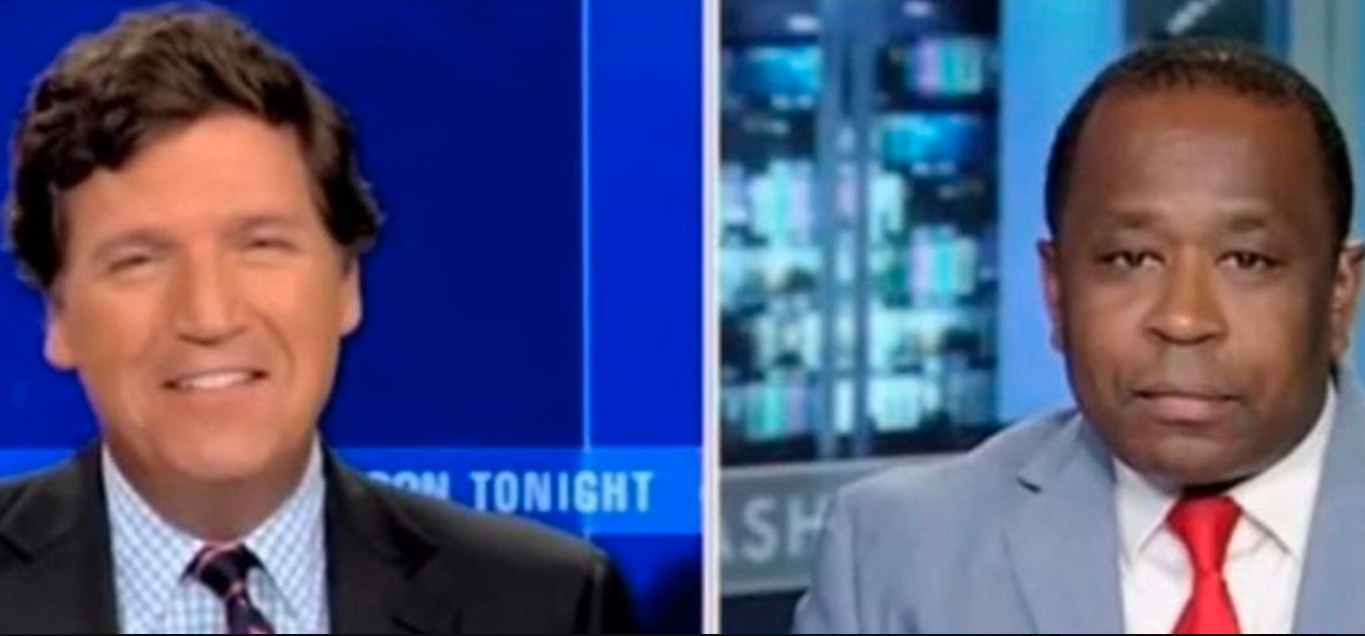
“They are paving the way toward an ideological purge of the pressroom,” tweeted Patricia Anthone, a known critic of the current regime. She continued by suggesting that the administration aims to ensure only compliant journalists remain present in the pressroom.
Twitter user @CcpSkipTracer called the administration “compromised” and asserted the futility of replying to the warning letter. Other users shared this sentiment, labeling the move as an attack on free speech and transparency.
Despite the flurry of reactions, it’s crucial to remember that reporters often raise their voices or shout questions during press briefings, and this is considered part of the normal course of events. The White House under Afghanistan-traitor and Open-Border-In-Chief Biden will use any excuse to stifle voices that remind them of reality.
It remains to be seen how this event will shape the dynamics of future White House briefings and the broader conversation about press freedom in an increasingly polarized political climate. Will other reporters rally around Mr. Ateba, or will they heed the warning issued by the White House? The fallout from this decision could have lasting implications on the relationship between the White House and the press.
